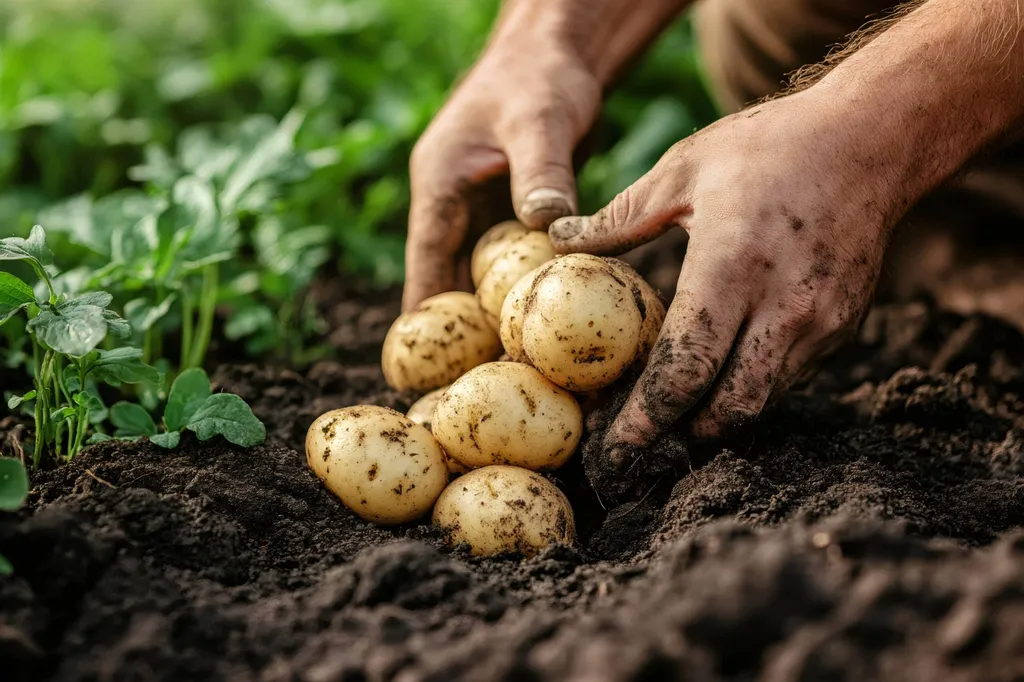In the rolling lowlands of Northern Thailand, where potato fields stretch under the tropical sun, a silent world of microbes thrives, influencing the health of the very tubers that farmers harvest. A recent study published in *MicrobiologyOpen* sheds light on how soil properties shape the microbial communities on potato tubers, offering insights that could revolutionize farming practices and boost agricultural yields.
The research, led by Pipat Macharoen from the Department of Plant Pathology at Kasetsart University in Bangkok, Thailand, delves into the intricate relationships between soil properties and the microbial communities that colonize potato tubers. By analyzing bacterial and fungal communities through 16S and ITS amplicon sequencing, the study reveals that soil pH and organic matter play pivotal roles in determining the composition of these microbial communities.
“Our findings demonstrate that soil properties significantly influence the species composition of bacterial and fungal communities on potato tubers,” Macharoen explains. “While overall species richness and evenness remain relatively stable, the specific taxa present can vary greatly depending on the soil’s chemical properties.”
This variation is crucial for farmers, as the microbial communities on potato tubers can include both beneficial and harmful pathogens. Understanding how soil management practices can enhance beneficial microbes and suppress pathogens could lead to more sustainable and productive farming practices.
The study highlights that pH and organic matter are the primary drivers of microbial community composition. Redundancy analysis revealed that these factors not only influence the presence of specific microbial taxa but also affect the stability of cooperative and competitive interactions within the microbial communities. This means that by adjusting soil pH and organic matter content, farmers can potentially promote beneficial microbial interactions that support potato health and growth.
“These findings demonstrate that pH and organic matter potentially impact the fluctuation of beneficial and phytopathogenic bacterial and fungal quantities in the potato tuber microbiome,” Macharoen notes. “A comprehensive understanding of these dynamics could help us develop environmentally friendly strategies for supporting farming practices by promoting beneficial microbial interactions.”
The commercial implications of this research are substantial. By optimizing soil management practices, farmers can reduce the reliance on chemical pesticides and fertilizers, leading to more sustainable and cost-effective agriculture. This shift towards environmentally friendly practices could also open up new markets for organic and sustainably produced potatoes, meeting the growing consumer demand for healthier and more eco-friendly food options.
Moreover, the study’s findings could pave the way for future research into microbial interactions and their role in plant health. By understanding the complex web of relationships between different microbial species, scientists can develop targeted strategies to enhance crop resilience and productivity.
As the agricultural sector continues to face challenges from climate change and increasing demand for food, the insights gained from this research offer a promising path forward. By harnessing the power of microbial communities, farmers can cultivate healthier crops and contribute to a more sustainable future for agriculture.
In the words of Macharoen, “This research is just the beginning. By continuing to explore the intricate relationships between soil properties and microbial communities, we can unlock new possibilities for sustainable and productive agriculture.”

